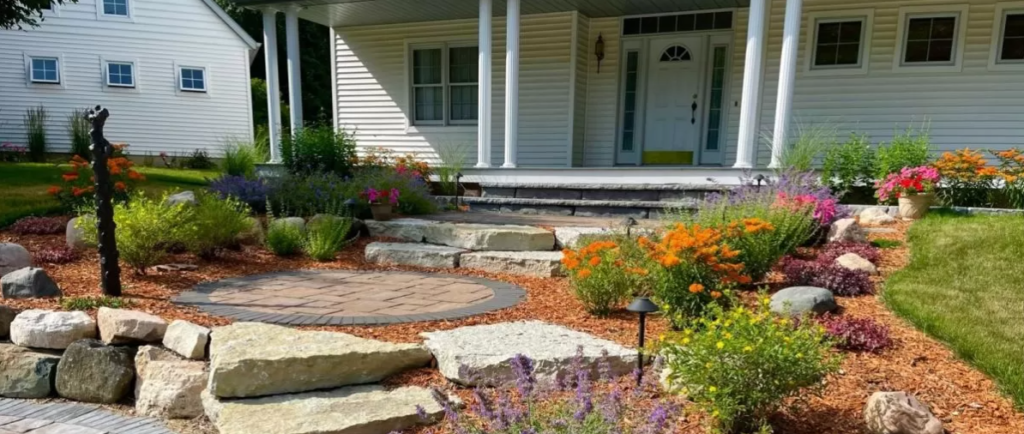INTRODUCTION
When it comes to landscaping and gardening, native plants are often overlooked in favor of exotic and non-native species. However, native plants bring a multitude of benefits to our environment, from supporting local wildlife to conserving water and improving air quality. In this article, we will explore the numerous advantages of incorporating native plants into our landscapes, highlighting their importance for a sustainable and biodiverse ecosystem.
The Definition and Importance of Native Plants
What are native plants? Native plants are those that naturally occur in a specific region or ecosystem without any human intervention. They have evolved over thousands of years to adapt and thrive in their local environment, making them well-suited for the climate, soil conditions, and native wildlife.
Why are native plants important?
- Supporting biodiversity: Native plants play a fundamental role in maintaining a balanced and diverse ecosystem. They provide food, shelter, and breeding grounds for birds, butterflies, bees, and other pollinators, ultimately promoting the overall health of the environment.
- Conservation of water: Native plants are naturally adapted to local rainfall patterns and typically require less supplemental watering once established. This reduces the demand for irrigation and helps conserve water resources, especially in areas prone to drought.
- Improving soil health: Native plants have deep root systems that help improve soil structure and prevent soil erosion. Their roots also aid in water infiltration, reducing runoff and filtering pollutants before they reach water bodies.
- Reducing reliance on pesticides: Native plants have evolved alongside local pests and diseases, developing natural resistance to them. As a result, they require fewer pesticides and fertilizers, minimizing the potential negative impacts on human health and the environment.
Enhancing the Beauty and Functionality of Landscapes

How do native plants enhance landscapes?
- Diverse aesthetics: Native plants come in a wide range of colors, sizes, and shapes, creating visually appealing landscapes that reflect the natural beauty of the region. From vibrant wildflowers to majestic trees, native plants add a touch of uniqueness and charm to any garden or community space.
- Low maintenance: Once established, native plants typically require less maintenance compared to non-native plants. They are well-adapted to local growing conditions, reducing the need for excessive watering, fertilizing, and pruning. This not only saves time and effort for gardeners but also reduces the use of energy and resources.
- Urban heat island mitigation: Native plants can help combat the urban heat island effect by providing natural shade and cooling through evapotranspiration. Their presence in urban areas can reduce temperatures, improve air quality, and create more comfortable outdoor environments for both humans and wildlife.
Tips for Incorporating Native Plants into Landscapes
How can you incorporate native plants into your landscape?
- Research local native species: Start by familiarizing yourself with the native plants in your region. Local nurseries, botanical gardens, and native plant societies are great resources for finding information about native species’ availability and suitable growing conditions.
- Design for diversity: When planning your landscape, aim to incorporate a variety of native plants to support different wildlife and attract a range of pollinators. Consider factors such as bloom times, plant heights, and preferred soil conditions to create a harmonious and thriving ecosystem.
- Spread the word: Share your knowledge and enthusiasm for native plants with others. Encourage friends and neighbors to embrace their benefits and consider adding native plants to their own landscapes. By spreading awareness, we can collectively contribute to the conservation and preservation of native plant species.
Conclusion
Native plants are not only beautiful additions to our landscapes but also vital contributors to the overall health and sustainability of our environment. By supporting biodiversity, conserving resources, and enhancing functionality, native plants provide numerous benefits for both humans and wildlife. So, the next time you plan your garden or landscape project, consider the wealth of advantages native plants offer, and let Landscape and Maintenance by Mike help create a more resilient and vibrant ecosystem. If you would like help creating a native garden in Waukesha, WI contact Landscape and Maintenance by Mike TODAY!
